In addition to being high in protein, beef also has essential micronutrients for mother and foetal health, including choline, iron, folic acid, vitamin B12, and zinc. [1] In one study, eating beef as part of a balanced diet was associated with reduced anaemia risk and higher pregnant haemoglobin levels.
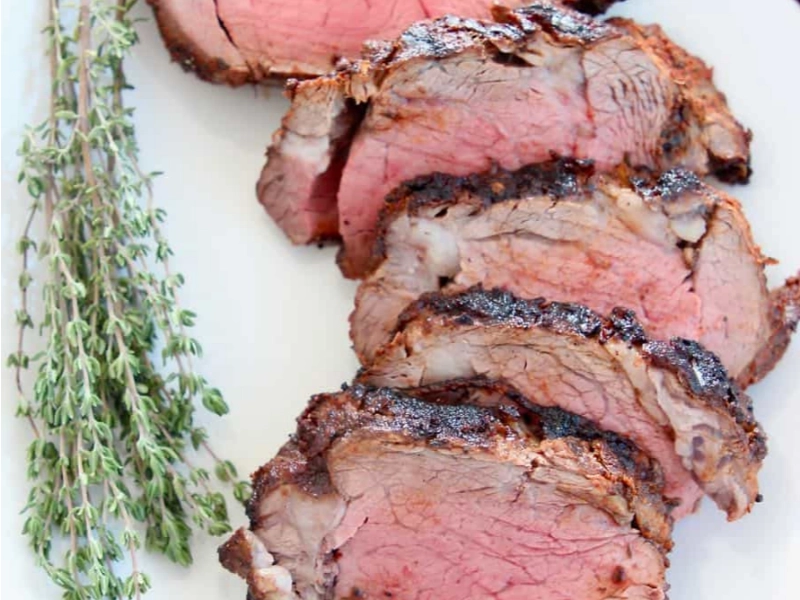
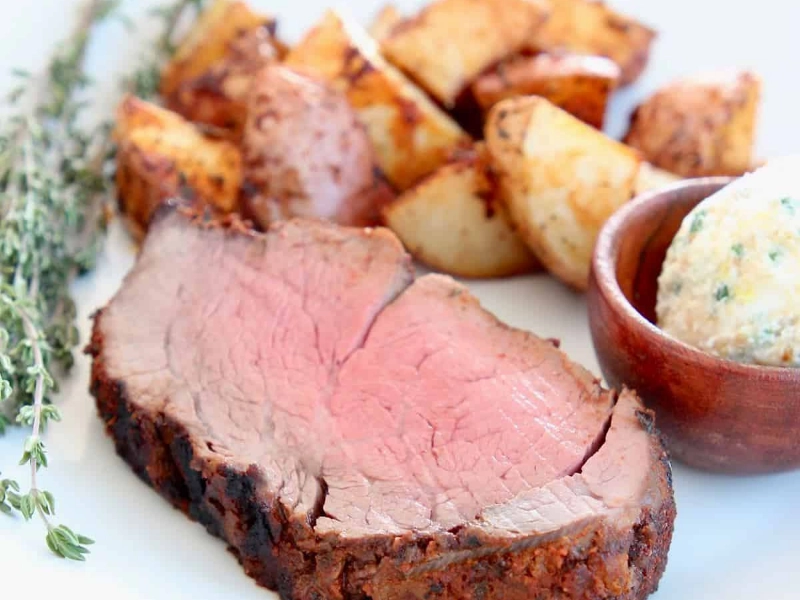 Many mothers want to continue eating meat during their pregnancy, but when it's not prepared properly, some meats might be dangerous. Listeria, toxoplasma, and E. coli are just a few of the bacteria and parasites that can infect raw meat. Pregnant women and their unborn children may be at great risk from these, particularly since pregnancy can compromise immunity.
Eating a range of foods high in iron and folic acid is crucial since pregnant women require higher amounts of these nutrients than usual. Although red meat is the finest source of heme iron, other proteins, such as fish and chicken, also contain it.
Steer clear of deli meats (such as gammon and bologna), as they may contain listeriosis, which is extremely dangerous for expectant mothers and can result in miscarriage. Make sure all meats are cooked through to a temperature of 160 degrees Fahrenheit.
Many mothers want to continue eating meat during their pregnancy, but when it's not prepared properly, some meats might be dangerous. Listeria, toxoplasma, and E. coli are just a few of the bacteria and parasites that can infect raw meat. Pregnant women and their unborn children may be at great risk from these, particularly since pregnancy can compromise immunity.
Eating a range of foods high in iron and folic acid is crucial since pregnant women require higher amounts of these nutrients than usual. Although red meat is the finest source of heme iron, other proteins, such as fish and chicken, also contain it.
Steer clear of deli meats (such as gammon and bologna), as they may contain listeriosis, which is extremely dangerous for expectant mothers and can result in miscarriage. Make sure all meats are cooked through to a temperature of 160 degrees Fahrenheit.
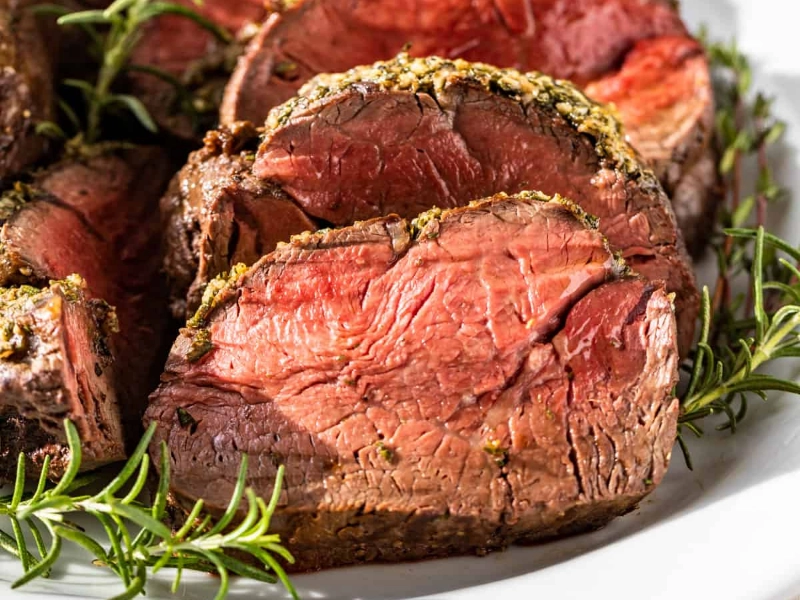 Three vital microelements—iron (Fe), copper (Cu), and zinc (Zn)—are crucial to a pregnant woman's health. They have anti-inflammatory and antioxidant properties, control protein synthesis and enzyme function, and play a role in cellular metabolism.
Because zinc supports immune function and aids in the formation of your baby's cells and tissues, it is essential for their healthy growth both inside and outside the womb.
Research indicates that breastfeeding moms who get enough zinc from their diets have higher concentrations of this important mineral in their breast milk than mothers who don't.
Three vital microelements—iron (Fe), copper (Cu), and zinc (Zn)—are crucial to a pregnant woman's health. They have anti-inflammatory and antioxidant properties, control protein synthesis and enzyme function, and play a role in cellular metabolism.
Because zinc supports immune function and aids in the formation of your baby's cells and tissues, it is essential for their healthy growth both inside and outside the womb.
Research indicates that breastfeeding moms who get enough zinc from their diets have higher concentrations of this important mineral in their breast milk than mothers who don't.
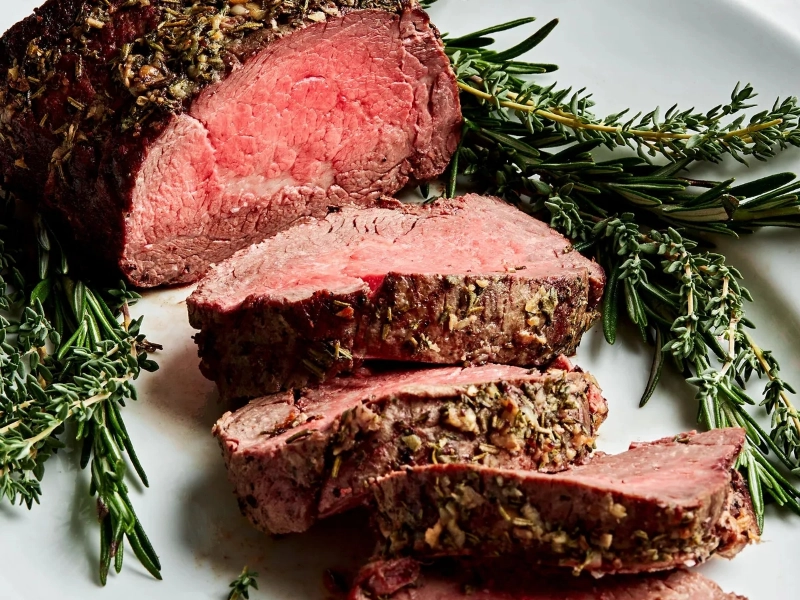 For many women, pregnancy is both an incredible and difficult time. It is crucial to get enough nutrition. This is particularly true for the omega-3 fatty acids (EPA and DHA), which are critical for the development of the foetus's brain.
Pregnancy boosts the body's need for iron, and eating red meat gives you high-quality protein along with vital micronutrients like zinc, folic acid, vitamin B12, and iron. Heme iron is a fantastic source of this vital nutrient since it absorbs more quickly than non-heme iron. Additionally, it is a good source of omega-3 fatty acids, which lower the chance of developing depression and other mental health issues and protect against heart disease. Finally, choline is a critical ingredient for the development of the foetal nervous system and brain. Avocados, eggs, and lean beef all contain it.
For many women, pregnancy is both an incredible and difficult time. It is crucial to get enough nutrition. This is particularly true for the omega-3 fatty acids (EPA and DHA), which are critical for the development of the foetus's brain.
Pregnancy boosts the body's need for iron, and eating red meat gives you high-quality protein along with vital micronutrients like zinc, folic acid, vitamin B12, and iron. Heme iron is a fantastic source of this vital nutrient since it absorbs more quickly than non-heme iron. Additionally, it is a good source of omega-3 fatty acids, which lower the chance of developing depression and other mental health issues and protect against heart disease. Finally, choline is a critical ingredient for the development of the foetal nervous system and brain. Avocados, eggs, and lean beef all contain it.
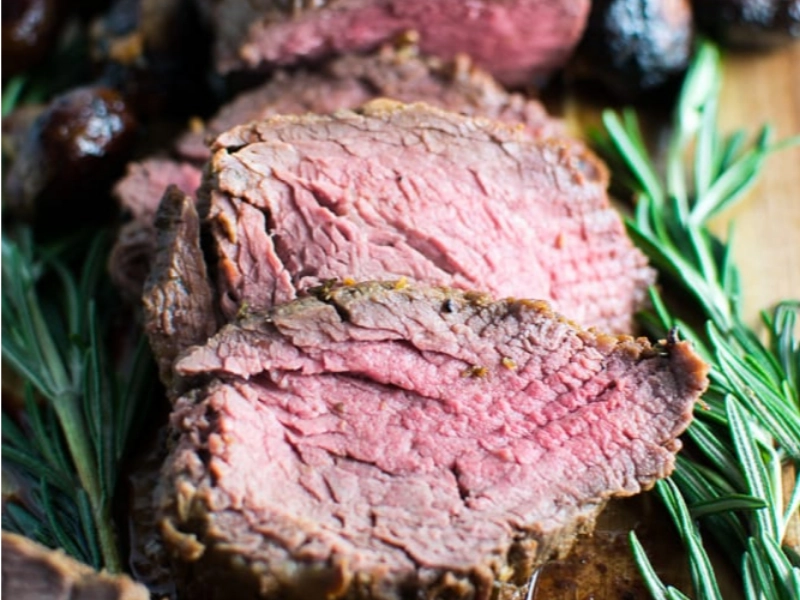 Although many pregnant women enjoy eating meat, some meats contain bacteria like salmonella or listeria that can lead to food illness or miscarriage. These bacteria have the ability to harm your unborn child through the placenta. Eat only thoroughly cooked meat; stay away from raw poultry and deli meats. Alfalfa, clover, and radish sprouts should be cooked properly and should not be consumed uncooked.
The significance of creatine for pregnancy has been confirmed by researcher Hayley Dickinson from the Hudson Institute and Monash University in Melbourne, who discovered that women with low creatine levels gave birth to smaller babies. Her work will contribute to laying the groundwork for future research on the relationship between maternal dietary creatine intake and pregnancy outcomes, including HIE and preeclampsia.
Although many pregnant women enjoy eating meat, some meats contain bacteria like salmonella or listeria that can lead to food illness or miscarriage. These bacteria have the ability to harm your unborn child through the placenta. Eat only thoroughly cooked meat; stay away from raw poultry and deli meats. Alfalfa, clover, and radish sprouts should be cooked properly and should not be consumed uncooked.
The significance of creatine for pregnancy has been confirmed by researcher Hayley Dickinson from the Hudson Institute and Monash University in Melbourne, who discovered that women with low creatine levels gave birth to smaller babies. Her work will contribute to laying the groundwork for future research on the relationship between maternal dietary creatine intake and pregnancy outcomes, including HIE and preeclampsia.